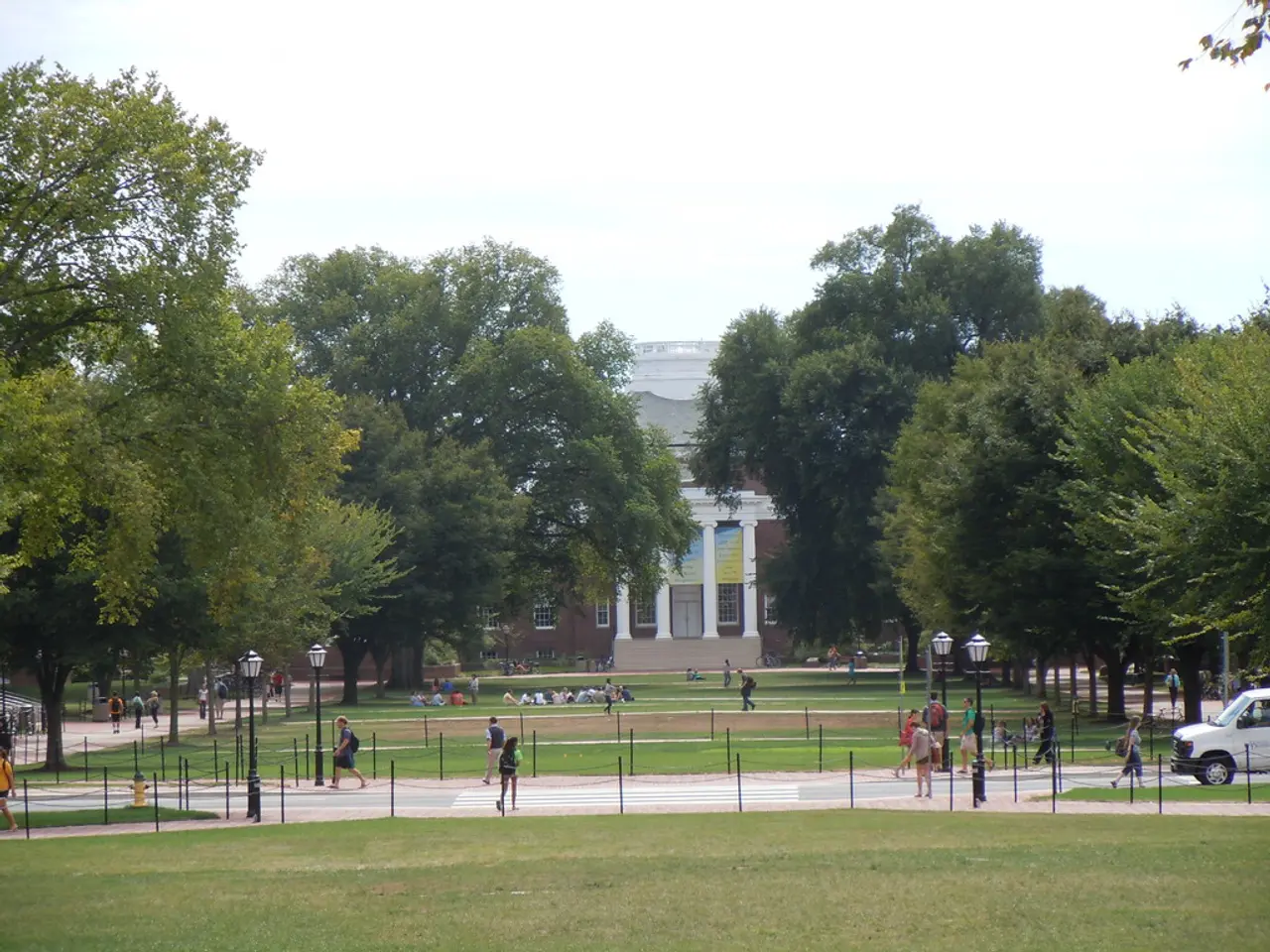"Beating the Summer Blues? Embrace the Unconventional"
With summer break just two months away, many students find themselves unsure of their plans. The question "What are your plans this summer?" can cause anxiety, as the decision can seem overwhelming and the impact on future opportunities may be questioned. However, the person in charge of their own summer experience is the individual themselves.
Navigating the decision process for summer planning requires a combination of self-reflection, prioritization, and proactive engagement with the opportunities available.
Clarify Your Goals and Values
Identify what you want to achieve this summer. Whether it's skill development, networking, exploring career paths, or earning potential, deciding which aspects are most important to you will guide your choice among opportunities.
Gather Information and Understand Expectations
Research each internship thoroughly, including the daily activities, company culture, mentorship opportunities, and potential for growth or conversion to a full-time role. Ask questions during interviews or informational meetings to clarify what success looks like in each role.
Evaluate Opportunities Based on Learning and Fit
Focus on internships that offer meaningful projects, chances to be proactive, and environments where you can build strong relationships. Opportunities that allow you to get involved broadly (such as working across teams) can be especially valuable early on.
Manage Uncertainty by Seeking Feedback and Being Proactive
Once you accept an offer, take charge of your experience by managing expectations with your manager, asking for feedback early and regularly, and documenting your accomplishments. This approach maximizes what you gain regardless of any uncertainties.
Build Networks and Seek Mentors
Connect with people at the company, attend events, and engage in informal chats. Networking not only enriches your experience but may also advocate for you later.
Make Contingency Plans
If uncertainty is about waiting on offers, continue applying but also prepare how you will choose if multiple offers come in simultaneously, using your priorities as a decision framework.
Remember, there is no one right way to spend a summer, and unexpected opportunities can lead to life-changing experiences. It's important to critically consider what one wants from their summer experience. Choosing a summer opportunity can feel like it determines one's entire career path, but the meaning of a summer experience is made by the individual themselves.
The Office of Undergraduate Research (OUR) at Princeton University has a list of summer research opportunities available on campus. Even if the first application cycle doesn't pan out, there are still many opportunities available. An individual's unique contribution can be revealed through unexpected summer experiences.
External pressure may be placed on students to choose more "productive" summer opportunities, but it's essential to remember that a thoughtful decision balances introspection on what you truly want, thorough information gathering, and an active, engaged mindset to make the most of whichever opportunity you choose or receive. Strategies to stand out and fulfill internship roles further combine proactivity, relationship building, high-quality work, and continual self-assessment to turn any experience into a career advantage.
In conclusion, whether you're deciding between multiple internship offers or facing uncertainty during application decisions, a thoughtful and fulfilling summer plan involves a combination of self-reflection, prioritization, and proactive engagement with the options available.
Undergraduate research can provide a valuable educational-and-self-development experience, allowing students to delve deeper into their areas of interest and develop skills that may beneficial for career-development. By pursuing summer undergraduate research opportunities, students can also build strong relationships, network, and explore potential career paths.
Taking advantage of summer internships, even those not traditionally considered "productive," can offer unexpected self-discovery, education-and-self-development, and career-development opportunities. By approaching each internship with a proactive and engaged mindset, students can turn any experience into a career advantage, developing high-quality work, building relationships, and continually self-assessing their progress.




